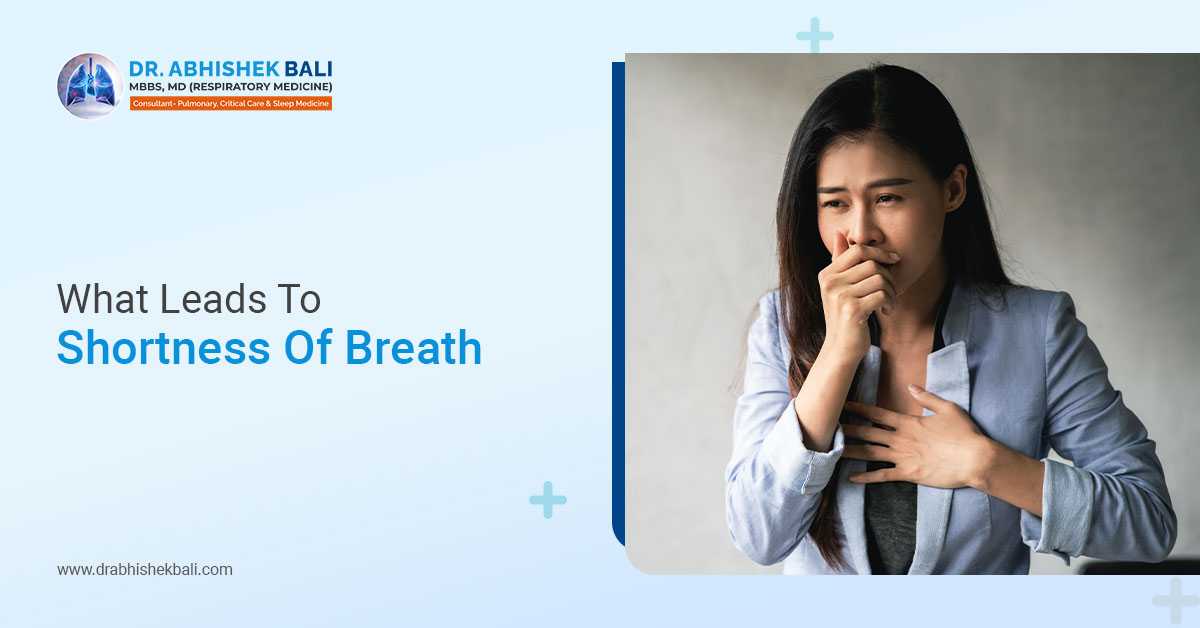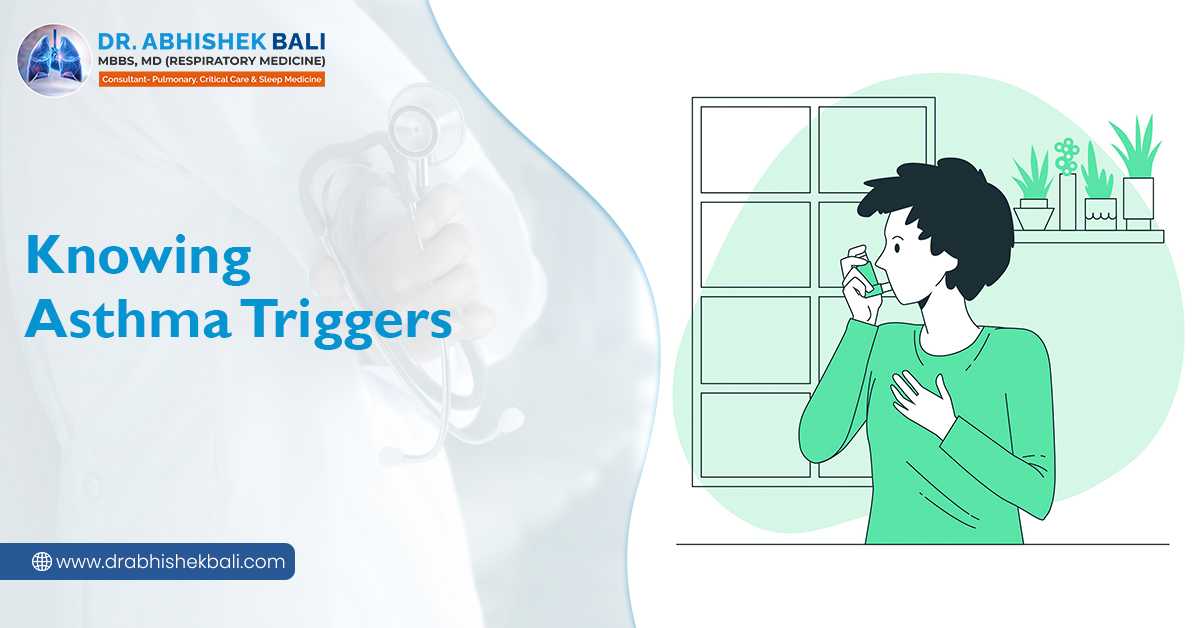Sleep apnea refers to a sleep disorder in which your breathing starts and stops unceasingly during sleep. Medical attention helps safeguard well-being against adverse effects. You may have signs like loud snoring, daytime tiredness, morning headaches, etc. However, undergoing loud snoring doesn’t mean you have sleep apnea for sure.
If you’ve been diagnosed with this sleep disorder, lifestyle changes are of need. Listen to your medical expert for better healing of sleep apnea. This blog shares factors that increase the likelihood of the concern. So that you can stay attentive to the ambiance around you and your lifestyle. See your doctor pulmonologist in Siliguri today.

Contributing factors are always there. Read on to gather significant insight into the topic.
What Puts You at Risk of Sleep Apnea?
The following are risk factors for this sleep-related breathing concern:
- Obesity. No wonder why obesity or excess body weight is itself a condition. Since your body is not for carrying extra weight, your risk of health issues increases. This condition not only causes sleep apnea but also causes coronary heart disease, type 2 diabetes, high blood pressure, stroke, osteoarthritis, etc.
Fat accumulation in the upper respiratory tract is responsible for the narrowing of the airways. Such a condition brings about reduced muscle activity, resulting in disruptive breathing. Medical studies include that besides causing sleep apnea, obesity also triggers sleep apnea.
- Large neck circumference. Wide neck size is a potential risk factor for sleep apnea. But not just sleep apnea, your risk of high blood pressure and diabetes may also uplift as per studies. When the area of the neck becomes larger (can be a result of obesity) that can cause fat deposits to sit elsewhere in your body like the lining of the airways.
Due to airways getting narrow, breathing difficulty, and loud snoring can take place. That breathing issues tend to visit when you sleep. If you think you have such sleep concerning troubles, consult your medical care provider.
- Family history. Did you know genetics can cause one of the categories of sleep apnea called obstructive sleep apnea? OSA/obstructive sleep apnea is a result of the ongoing collapse of your upper airway during sleep.
If you have a first-degree relative with this condition, your risk increases by 40%. This risk factor is associated with obstructive sleep apnea. Lifestyle choices can protect your health against hazards.

- ·Being male. Many a disease/disorder get influenced by your gender. Men are more likely to catch this sleep-related breathing disorder than women. Pathophysiological differences make them more sensitive to this concern.
Generally, the upper airway in men is larger than in women. The risk of this condition increase in women after menopause or if they’re obese. Again, lifestyle modifications can make the wonder, keeping off the risks. You might schedule an appointment with the best chest specialist in Siliguri to receive an A1treatment for sleep apnea.
There’re other risk factors as well, such as older age, smoking, alcohol abuse, sedative overuse, stroke, high blood pressure, type 2 diabetes, nasal congestion, etc. Wise to avail of expert guidance in order to steer clear of further complications. With a quality lifestyle in combination with clinical advice, you can heal the condition.




